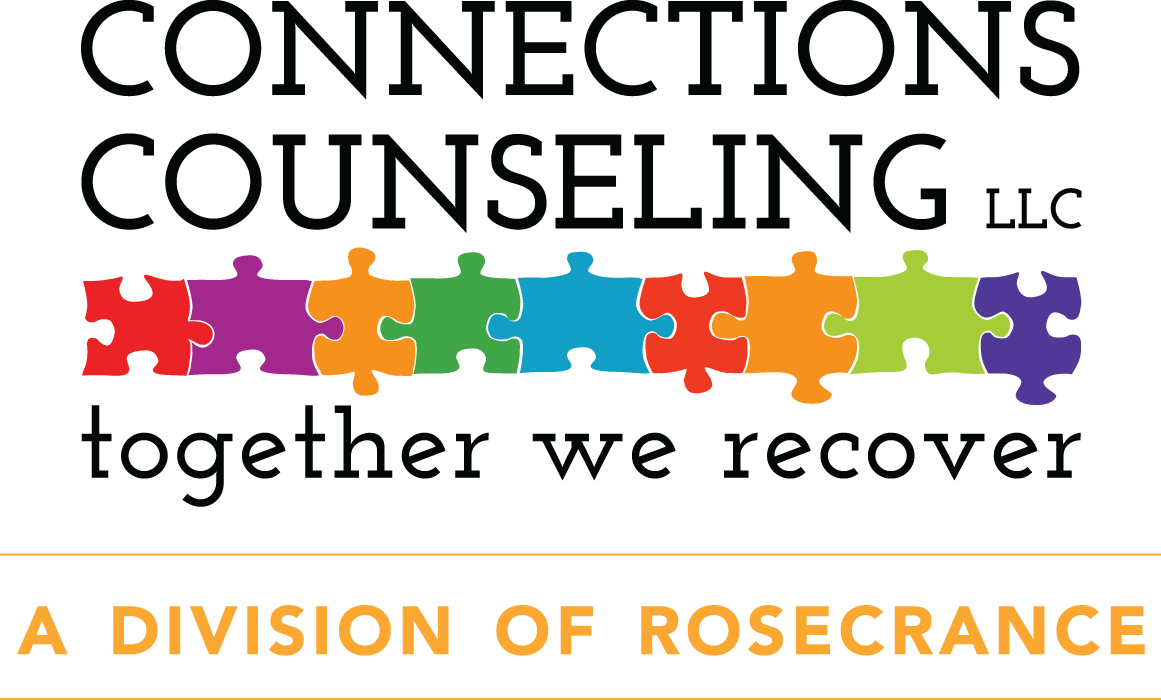Magnetic therapy for depression gaining acceptance
June 1, 2014
Even after her doctor increased her anti-depression medication last year, Sandi Elmer could barely function.
She canceled outings with friends and found making cookies with her grandchildren overwhelming.
“I was feeling really hopeless, like, is anything going to help?” said Elmer, 59, who lives northwest of Janesville.
She tried transcranial magnetic stimulation, in which a magnetic coil placed on the head sends pulses to the part of the brain thought to control mood. After finishing two months of treatment at the TMS Center of Madison in February, she hasn’t felt depressed.
“I feel more like myself than I’ve felt for a long time,” said Elmer, who works as a hospice nurse in the Madison area.
TMS, approved by the Food and Drug Administration in 2008, is gradually gaining acceptance as a treatment for major depression. It’s for patients who aren’t helped by medications or don’t want to try electroconvulsive therapy, or ECT, the decades-old treatment in which a seizure is induced under general anesthesia.
Though most Madison-area health insurance plans don’t cover TMS, Unity Health Plan paid for Elmer’s treatment after an appeal, and Unity has started covering TMS for other patients. UW-Madison’s Student Health Insurance Plan started covering TMS last fall.
TMS is also available in Janesville, Mequon, Stevens Point and Wauwatosa. Rogers Memorial Hospital in Oconomowoc plans to start using it this summer, said Dr. Jerry Halverson, medical director of adult services at Rogers.
“It is an exciting option,” Halverson said. “It makes the brain more fertile ground for psychotherapy.”
The TMS Center of Madison opened in January 2013 at Connections Counseling on University Avenue through a joint venture with Rosecrance Health Network in Rockford, Ill.
The Madison site has treated 28 patients, with another 67 treated in Rockford since TMS became available there in 2010, said Ian Cox, TMS coordinator at the TMS Center of Madison.
How it works
Patients sit in what looks like a dental chair while magnetic pulses, like those from an MRI machine, target nerve cells in the brain. The therapy typically involves five treatments a week for six weeks, with tapering for three more weeks. Each session lasts about 40 minutes.
The cost ranges from $7,000 to $10,000, Cox said. Some national insurers, such as Anthem Blue Cross and Blue Shield, cover TMS.
The FDA approved TMS largely based on a 2007 study of 301 patients with major depression who hadn’t responded to medication. Depression improved significantly after six weeks in 14 percent of the patients who got TMS, compared with 5 percent of those who got a fake treatment.
A study in May by Neuronetics, the Pennsylvania-based company that makes the TMS machine called NeuroStar, said 53 percent of patients reported no or mild depression after six weeks of TMS treatment, compared to 38 percent given medications.
At the Madison center, “everyone has responded somewhat,” said Dr. Leslie Taylor, a psychiatrist at the center. “We think it works by stimulating the prefrontal cortex. That gets those neurons to develop new connections.”
Cox said the Madison patients’ depression has improved by an average of 50 percent from the beginning to the end of treatment. No statistics are available for how the patients are doing months after treatment, he said.
TMS is also being used experimentally at the Madison center for anxiety, in a different part of the brain than for depression. In other locations, TMS is being used experimentally for strokes, Parkinson’s disease and post-traumatic stress disorder, Taylor said.
Depression “is just the cusp of where we’re going with electromagnetic stimulation,” she said.
Enjoying life again
Elmer, who received TMS for depression and anxiety, has struggled with depression for 30 years.
It started when she had trouble breastfeeding the second of her two children. “I felt like a failure. It was just paralyzing,” she said.
Medication and psychotherapy helped her cope and continue working. In 1993, the deaths of her mother and sister triggered anxiety, and Elmer went on Paxil, which helped for many years.
The depression got worse three years ago, fueled by stress over retirement planning, her daughter’s divorce, her father’s dementia and a spiritual exploration that led Elmer and her husband to leave their church.
“It is just despair,” she said. “You want to stay in bed and not face the day.”
Increasing the Paxil and adding other medications didn’t help much.
Elmer was reluctant to try ECT, given the memory problems some people experience. Her therapist told her about TMS, and she decided to try it.
After the TMS treatments, Elmer improved gradually, even after going off three of her four medications. “Each month, I felt a little better, more stable,” she said.
Now she’s able to enjoy life again, especially her six grandchildren and the horse she keeps near her home.
“When I’m depressed, I’m weak and helpless,” she said. “When I’m not depressed, I’m confident and strong.”
